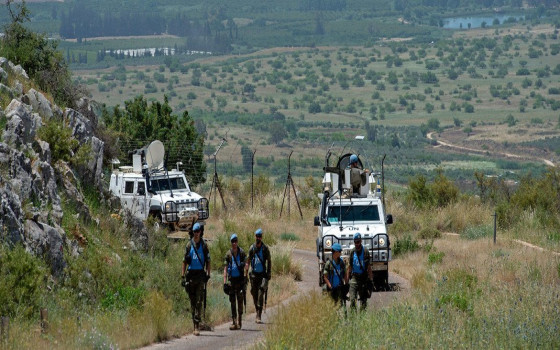
United Nations: UNIFIL forces continue their operations to enhance stability on the border between Lebanon and Israel. In Syria, we are closely following developments in the Al-Sumaria neighborhood and urging restraint.

- Europe and Arabs
- Saturday , 30 August 2025 10:50 AM GMT
Beirut - Damascus: Europe and the Arabs
UN Spokesperson Stéphane Dujarric said that the United Nations Interim Force in Lebanon (UNIFIL) continues its operations to enhance stability in southern Lebanon and along the Blue Line separating Lebanon and Israel, after the UN Security Council extended its mandate for the final time until December 31, 2026.
In his daily press conference at UN Headquarters in New York, Dujarric said that UNIFIL peacekeepers found an unauthorized mortar shell in the eastern sector on Thursday. He added that the day before, UNIFIL had found a weapons cache and infrastructure in the eastern sector, including a tunnel containing crates of explosive shells hidden 15 meters underground. On Thursday morning, a UNIFIL patrol encountered aggressive behavior in Sector West when a group of five individuals threw stones at it, causing minor damage to its vehicles, according to Mr. Dujarric, who reiterated that "any actions that endanger peacekeepers by obstructing their work are unacceptable and must cease."
The UN spokesperson said that UNIFIL peacekeepers continue to monitor Israeli military activities, including several airstrikes that occurred yesterday, Thursday, in UNIFIL's area of operations.
Lebanese Armed Forces personnel killed
In another development, UNIFIL issued a statement on the deaths of two Lebanese Armed Forces personnel and the injury of others. It offered its deepest condolences to the Lebanese Armed Forces and to the families of the personnel killed in the explosion in Naqoura, and wished a speedy recovery to the injured.
According to the Lebanese Armed Forces, the incident occurred while its personnel were examining a downed Israeli drone. UNIFIL emphasized that this tragic loss highlights the risks faced by the Lebanese Armed Forces as they assume greater responsibilities in securing southern Lebanon. The Security Council reiterated, in Resolution 2790 adopted this week, that the parties must ensure full respect for the Blue Line and a complete cessation of hostilities.
The UN mission emphasized that the full deployment of the Lebanese Armed Forces throughout the south is central to Resolution 1701 of 2006, with UNIFIL coordinating closely with the Lebanese authorities to support them.
Separately, the United Nations said it is following with concern developments in the al-Sumaria neighborhood of Damascus, including reports of eviction threats and reports of violations against innocent civilians, including women and children. It urged restraint and refraining from any rash or violent actions.
UN spokesman Stéphane Dujarric said in his daily press briefing that the UN Special Envoy for Syria, Geir Pedersen, is closely following these developments. He stressed the need to address the complex issues related to housing, land and property, and transitional justice carefully, prioritizing the protection of civilians based on the rule of law and in line with international standards. Aid Convoy Arrives in Sweida
On the humanitarian front, the United Nations Office for the Coordination of Humanitarian Affairs (OCHA) reported that an aid convoy—involving UN agencies, the Syrian Arab Red Crescent, and other partners—successfully reached Sweida Governorate via the main highway from Damascus.
This was the first time this road had been used since July 12, when it was closed due to clashes. Since then, convoys have been diverted via circuitous routes, adding logistical and security challenges to these operations.
The convoy included 19 trucks carrying relief items such as food baskets, hygiene kits, nutrition items, fuel, medical supplies, and solar lamps. In addition, UN staff conducted needs assessments in the northern rural areas of Sweida Governorate and in the town of Salkhad.
Humanitarian partners reported that clashes in Sweida Governorate had displaced more than 187,000 people from mid-July through August 25, with people displaced across southern Syria. OCHA stated that the United Nations and its partners continue to intensify their response to humanitarian needs, with 370,000 people in the governorates of As-Suwayda, Daraa, and Rural Damascus receiving some form of humanitarian assistance between July and August.


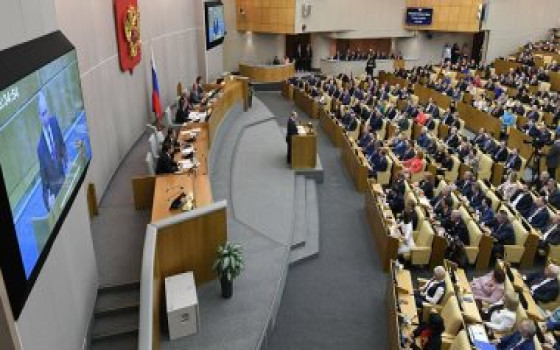
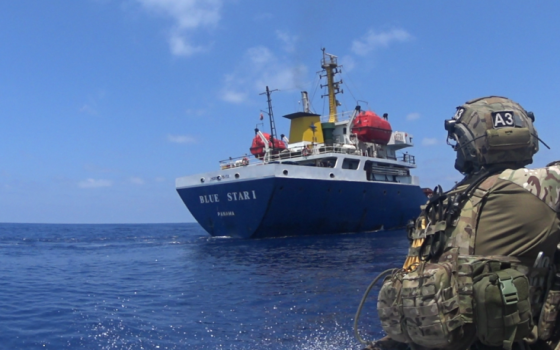
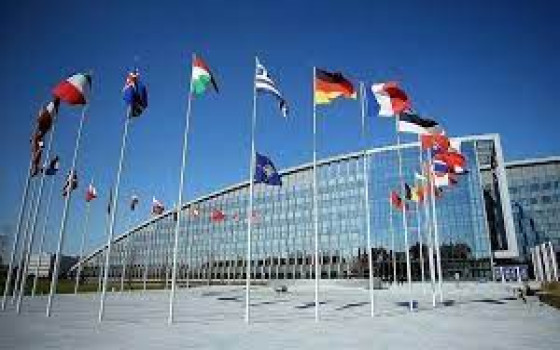
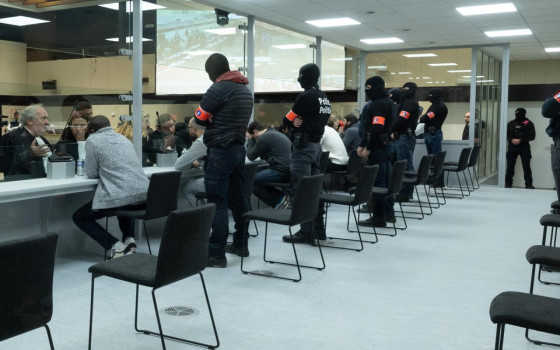
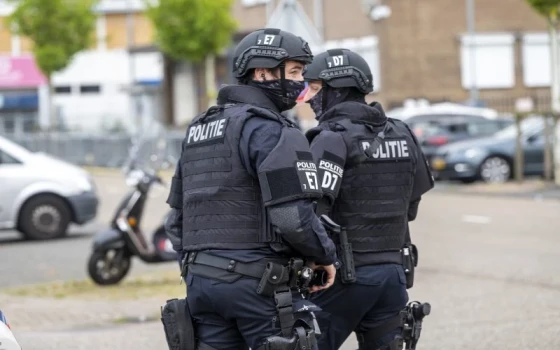
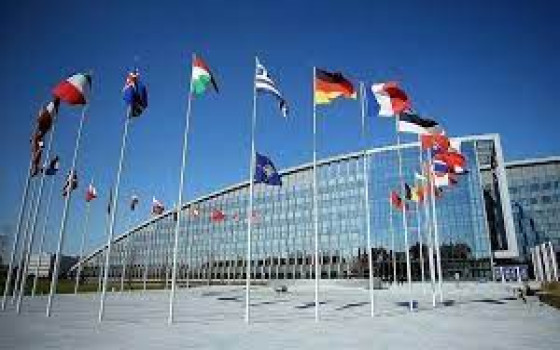
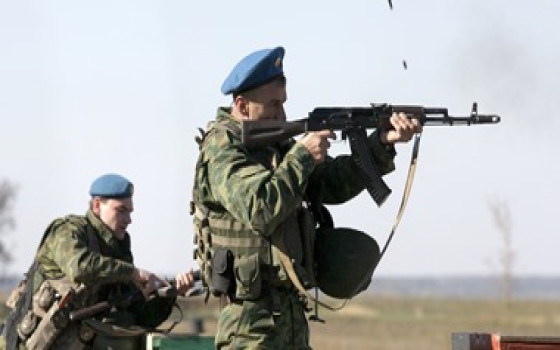
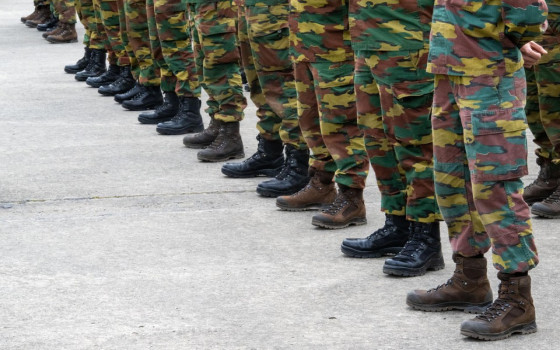

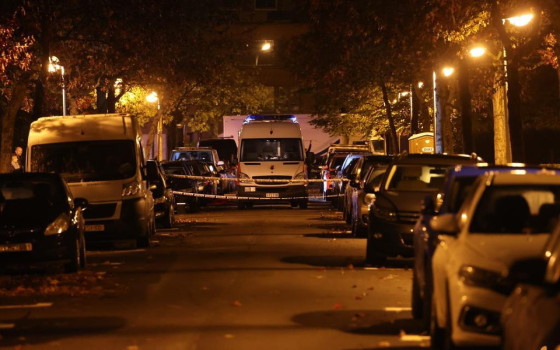
No Comments Found